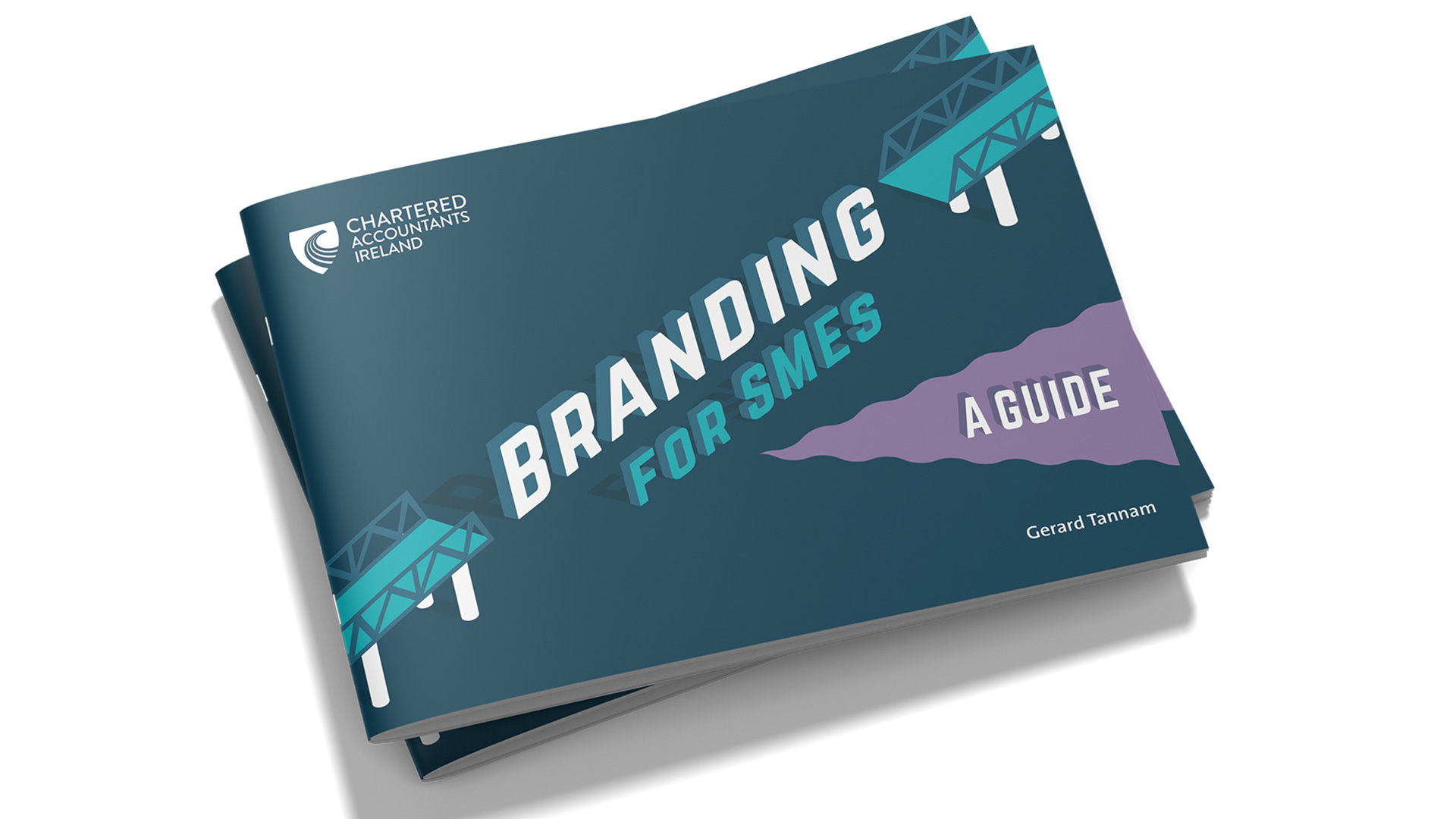CMA proposes overhaul of audit and Big Four
The reforms include splitting the audit and advisory businesses at big accountancy firms, regulatory scrutiny of auditor appointments and management, and a joint audit regime for FTSE 350 companies.
The reforms include splitting the audit and advisory businesses at big accountancy firms, regulatory scrutiny of auditor appointments and management, and a joint audit regime for FTSE 350 companies.
The CMA review was launched in October in response to a number of high-profile company failures in the past year, most notably that of Carillion. A scathing report from the Department for Business, Energy & Industrial Strategy and Work and Pensions committees accused the Big Four of being “complicit” in Carillion’s collapse. They argued that firms were putting their own profits ahead of good governance at the companies they were auditing.
In its paper published today the CMA says that choice is too limited, auditors’ focus on quality is diluted by income from other non-audit service lines and companies are choosing auditors based on who they like, not who will perform the best job.
“Addressing the deep-seated problems in the audit market is now long overdue. Most people will never read an auditor’s opinion on a company’s accounts. But tens of millions of people depend on robust and high-quality audits. If a company’s books aren’t properly examined, people’s jobs, pensions or savings can be at risk,” said the recently appointed CMA chairman Andrew Tyrie.
“These intractable problems may take some years to sort out. If it turns out that the proposals are not far-reaching enough, the CMA will persist until the problems are addressed,” he added.
The most significant proposal is to separate the audit and advisory arms of large firms. “To get higher quality, auditors should focus exclusively on audit – not on also selling consulting services,” the CMA said.
It suggests a “structural break up” but admits that due to the international nature of the Big Four networks, it would be “protracted and complex.” Instead it suggests the more “immediate” solution of splitting audit and non-audit businesses into separate operating entities. These entities would have separate management, accounts and remuneration.
“That way auditors will only be rewarded for scrutinising an organisation’s accounts but will still be able to draw on expertise from other parts of the firm,” according to the CMA.
It also proposes regulatory oversight of appointment of auditors and management. The CMA argues that there is a “lack of engagement” by investors and owners of some of Britain’s largest companies. It wants them to be held to account and independent enough “to choose the most challenging audit firm, rather than the cheapest”.
The CMA also proposes that a joint audit regime because the lack of choice has led to regular conflicts of interests. This means that FTSE 350 audits would be carried out by at least two firms, one of which would be from outside the Big Four.
The CMA wants comments on its paper by 21 January 2019.
Also today, the Financial Reporting Council (FRC) was told it is a “hangover from a different world” and needs to be replaced by a new independent body with more powers to make a difference, by Sir John Kingman in his review findings.
This new regulator, to be known as the Audit, Reporting and Governance Authority (ARGA), will have a different culture: it will have a statutory objective to serve interests of users of accounts. It will be forward looking and will promote competition in the audit market.
Reaction
Michael Izza, ICAEW chief executive, said the proposals announced today from Sir John Kingman and the CMA “tackle the underlying issues of regulation, quality and competition in the audit market, and taken together they amount to the kind of bold intervention that we have been calling for. We will now need to study them in detail, and of course they will be subject to further consultation and debate, not least during the forthcoming parliamentary select committee inquiry.”
“We have argued for some time that the natural follow-on to this work should be a fundamental and independent examination of the role of audit itself. The expectations of investors and wider society have increased in recent years, and we need to ensure that audit keeps pace. We therefore welcome today’s news that Donald Brydon has been asked by the Secretary of State to conduct just such a review. Mr Brydon is a very distinguished and experienced business leader, and an excellent choice for this vital project. ICAEW is ready to support him in any way.’
“Chartered accountants accept the need for change. We look forward to working with all parties to produce effective recommendations for regulation and legislation which will improve quality and increase choice in the market, while ensuring that audit meets the future needs of British business and wider society.”
David Sproul, Deloitte senior partner, said, “It’s clear that trust and confidence in the role of the profession is not where it should be and we are supportive of change that enhances audit quality and maintains the competitive position of the UK as we prepare to leave the EU.
“This is a critical moment for the profession in the UK and internationally. The CMA provisional findings, the Kingman review and the announcement of Project Flora offer a unique opportunity to develop an audit market and structure that meets the needs of 21st century stakeholders.
“We will carefully analyse the detail within the CMA proposals and look forward to working with the CMA in conjunction with the findings of the other reviews to develop a world-leading profession in the UK.”
Kevin Ellis, chairman and senior partner of PwC UK, said it is a “comprehensive package of proposed interventions.
He added, “We recognise it is time for change and a watershed moment for the audit sector. Audit quality must be front and centre of any reform. We support measures which strengthen audit quality, boost public confidence and encourage more choice in the market.
“The proposals will require careful and wide consultation in order to deliver practical remedies which serve the best interests of shareholders, companies and society at large. We look forward to seeing the CMA’s report to better understand its findings and recommendations.
“The UK has a world leading professional services sector and it is important that the CMA, Kingman and other reviews lead to changes which further strengthen confidence and trust in the UK as a place to do business.”
A KPMG spokesperson said they were “constructive suggestions” which seek to address challenges our “industry faces and we ourselves have recognised.”
“Confidence in audit is vital for the effective functioning of the capital markets and it is essential that the sector remains competitive and resilient enough to maintain high quality standards. As a result, it is important that any measures introduced are assessed carefully to make sure audit quality is maintained and improved. We will study the measures proposed by the CMA carefully and look forward to engaging with the next phase of consultation.”
In a statement, EY said, “We believe that the evolution of the audit product is vital to achieve effective and sustainable reform of the corporate reporting environment globally. We welcome the announcement of the new independent review by Donald Brydon into what the future standards and requirements should be for audits in the UK.
“EY will support workable measures that genuinely improve audit quality, strengthen the role of the audit committee and modernise the audit product to meet the expectations of a wide range of stakeholders. EY believes change that addresses these points is necessary to help rebuild society’s trust in business and we will contribute to the consultation to help to achieve this outcome.
“We are closely reviewing the recommendations of both studies and are committed to working with regulators, standard-setters and other stakeholders, to ensure that the audit profession is able to continue to serve the evolving needs of business, investors and the public interest.”
This article was first published in Economia. To read the original article please click here.












